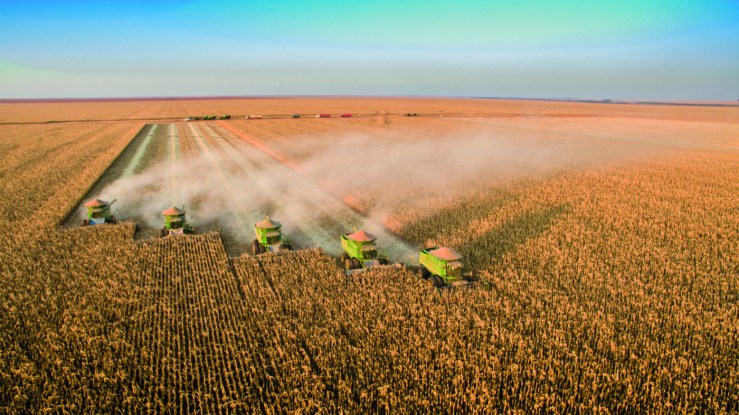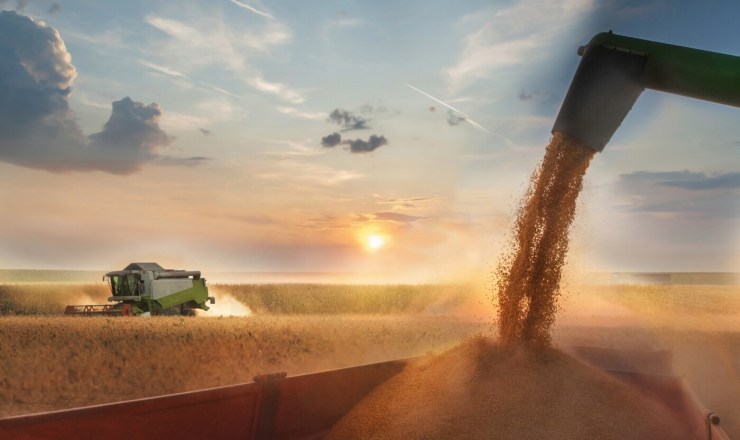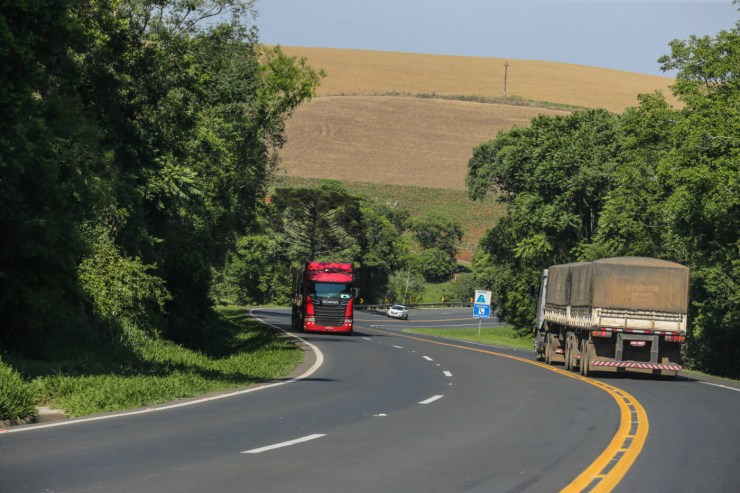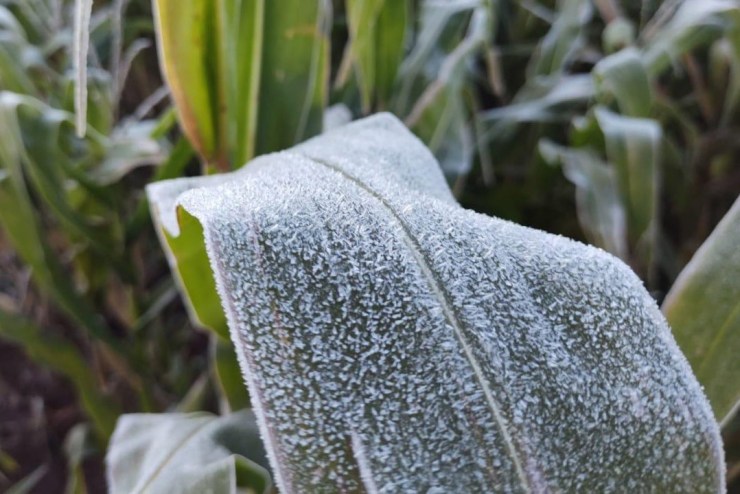A master's student at the Fisheries Institute (IP-Apta), part of the São Paulo State Department of Agriculture and Supply, developed research to evaluate how heat stress influences the vulnerability of tilapia fingerlings to viral infections that compromise fish health and directly affect fish farming productivity.
Titled “Effect of heat stress on the susceptibility of tilapia (Oreochromis niloticus) fingerlings to ISKNV (Infectious spleen and kidney necrosis virus): an experimental study”, the work investigated the relationship between temperature variations and infection caused by ISKNV, a virus that affects the vital organs of fish and has caused significant damage to aquaculture activity.
 To this end, two experiments were conducted with controlled infection of the fry, subjecting them to two types of heat stress: one with an increase in water temperature to 32°C and the other with a reduction to 18°C, both for a period of six hours. After this time, the target organs (spleen and kidney) were collected and analyzed using conventional PCR, qPCR, and histological examinations (microscopic analyses that identify changes in the tissues of infected organs).
To this end, two experiments were conducted with controlled infection of the fry, subjecting them to two types of heat stress: one with an increase in water temperature to 32°C and the other with a reduction to 18°C, both for a period of six hours. After this time, the target organs (spleen and kidney) were collected and analyzed using conventional PCR, qPCR, and histological examinations (microscopic analyses that identify changes in the tissues of infected organs).
The results revealed that stress caused by low temperatures increased the fish's susceptibility to virus infection, indicating that colder environments may favor the pathogen's action.
In addition to contributing to the understanding of ISKNV behavior, the research reinforces the importance of monitoring thermal conditions in fish farming. Identifying viral load and virus presence through molecular and histological methods helps develop more effective preventive strategies that minimize economic losses and promote fish welfare.
Regarding the experience of developing research at the Institute, the master's student stated that it has been an incredible experience. "It was a unique opportunity granted to me by my advisor Cláudia Maris, who has been with me throughout this process ever since. I am very grateful for all the support, understanding, patience, encouragement, and all the work we have done together," said Gabriele.
According to Cláudia Maris, IP scientific researcher, provost of the IP's Graduate Program in Aquaculture and Fisheries (PPGIP), and Gabriele's advisor, "Implementing this project was a major challenge, but I believe we made valuable contributions and gained insights into the metabolism and behavior of this virus. This will aid in the implementation of applied research in the aquaculture field in the short and medium term."





